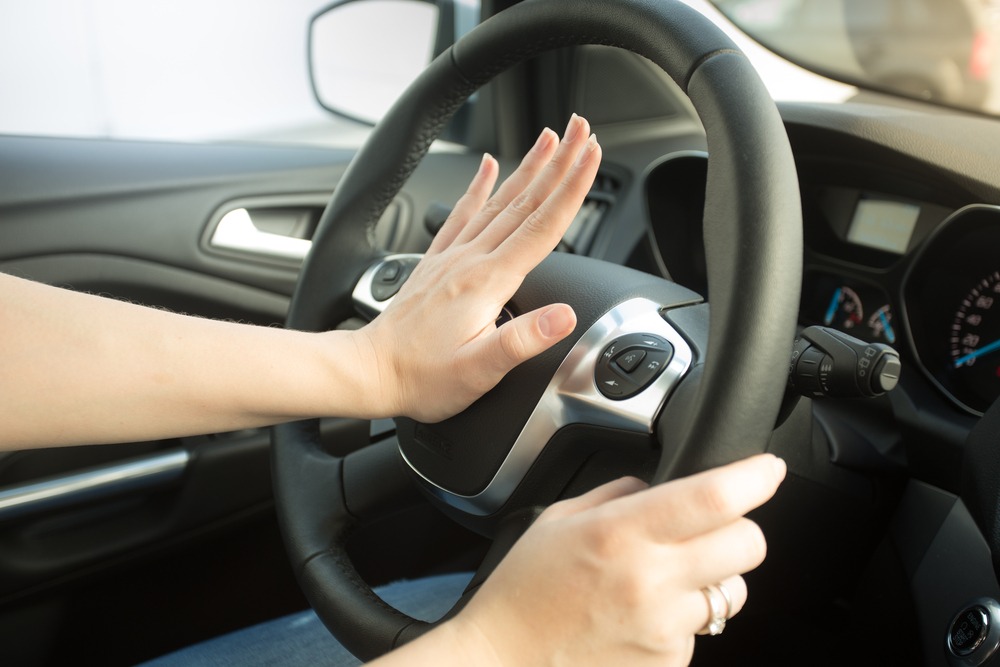
Aggressive behavior behind the wheel can lower gas mileage in high-duty vehicles by approximately 10 to 40 percent in stop-and-go traffic and 15 to 30 percent at highway speeds, according to a recent study conducted by researchers at the U.S. Department of Energy’s (DOE) Oak Ridge National Laboratory (ORNL) and SAE International.
ORNL researcher John Thomas stated that the findings added credence to the idea that aggressive driving styles do affect fuel economy probably more than people think.
For the study, the research team analyzed a number of previous studies and developed a new vehicle energy model to apply to similar midsize sedans — one hybrid electric vehicle (HEV) and one conventional gasoline.
The two vehicles were then tested at ORNL’s National Transportation Research Center to compare differences in fuel consumption rates. Specifically, the lab examined the limitations when HEV attempt to capture energy to replenish its batteries during different levels of braking.
“The new vehicle energy model we created focused on the limitations of regenerative braking along with varying levels of driving-style aggressiveness to show that this could account for greater fuel economy variation in an HEV compared to a similar conventional vehicle,” Thomas said.
The study’s results revealed that a sizable dataset of gas mileage values self-reported by drivers on the government-run website fueleconomy.gov implied that HEVs are more sensitive to aggressive driving styles compared to their convention fuel counterparts. However, HEVs were found to almost always achieve better gas mileage overall.
According to ORNL, understanding the impact of aggressive driving on fuel consumption was relevant to broader studies on improving traffic flow through “smart” traffic control systems and autonomous vehicles.